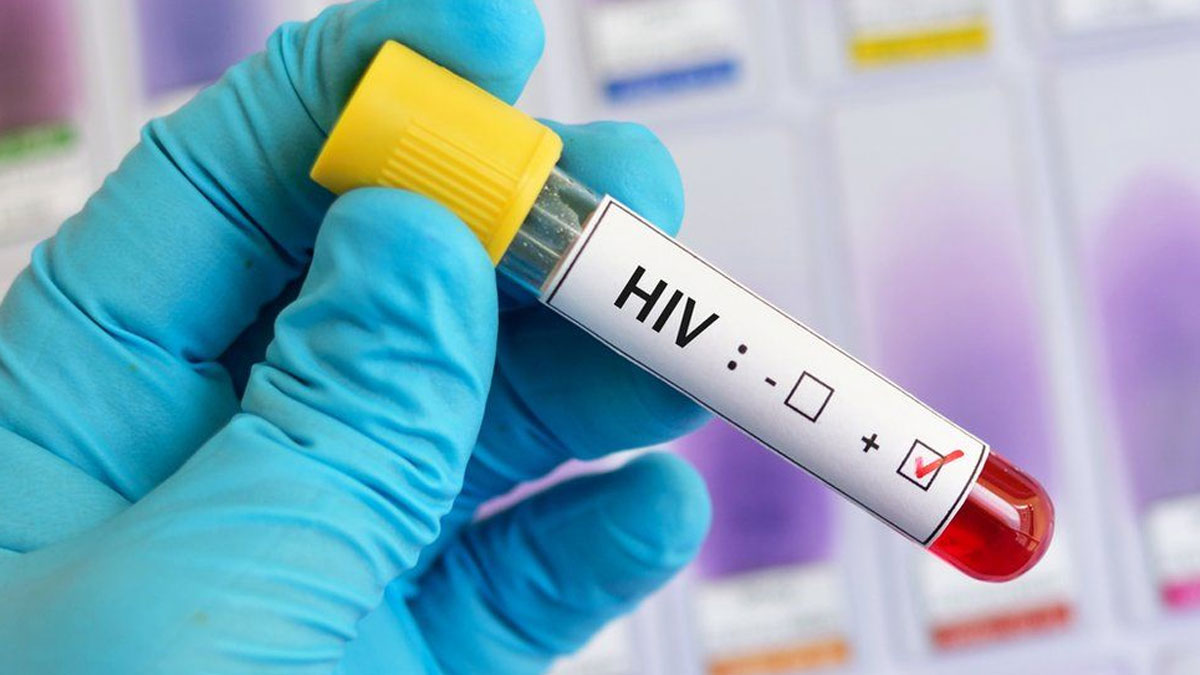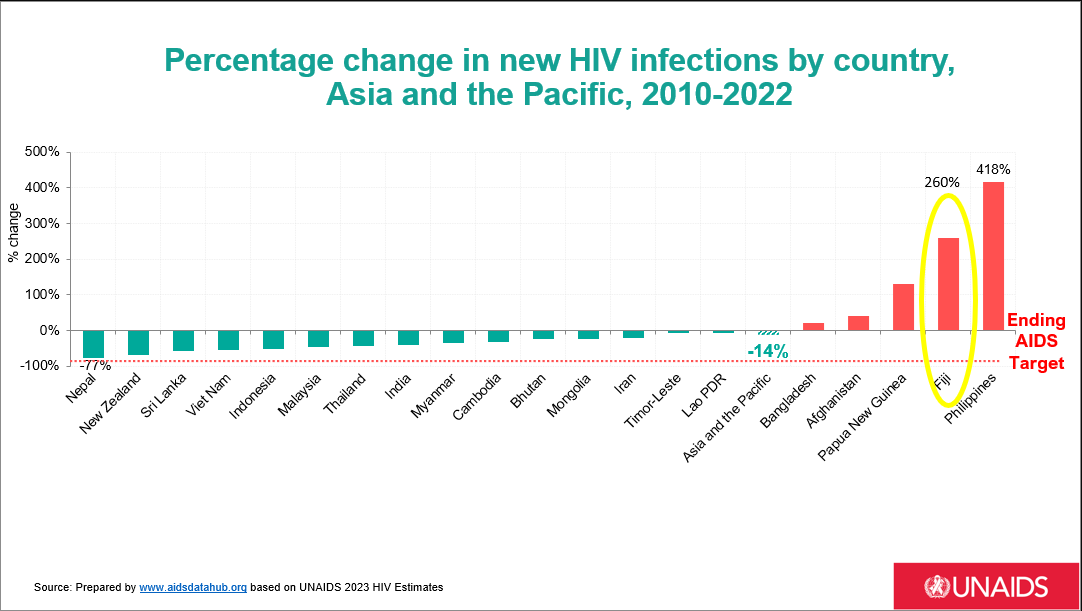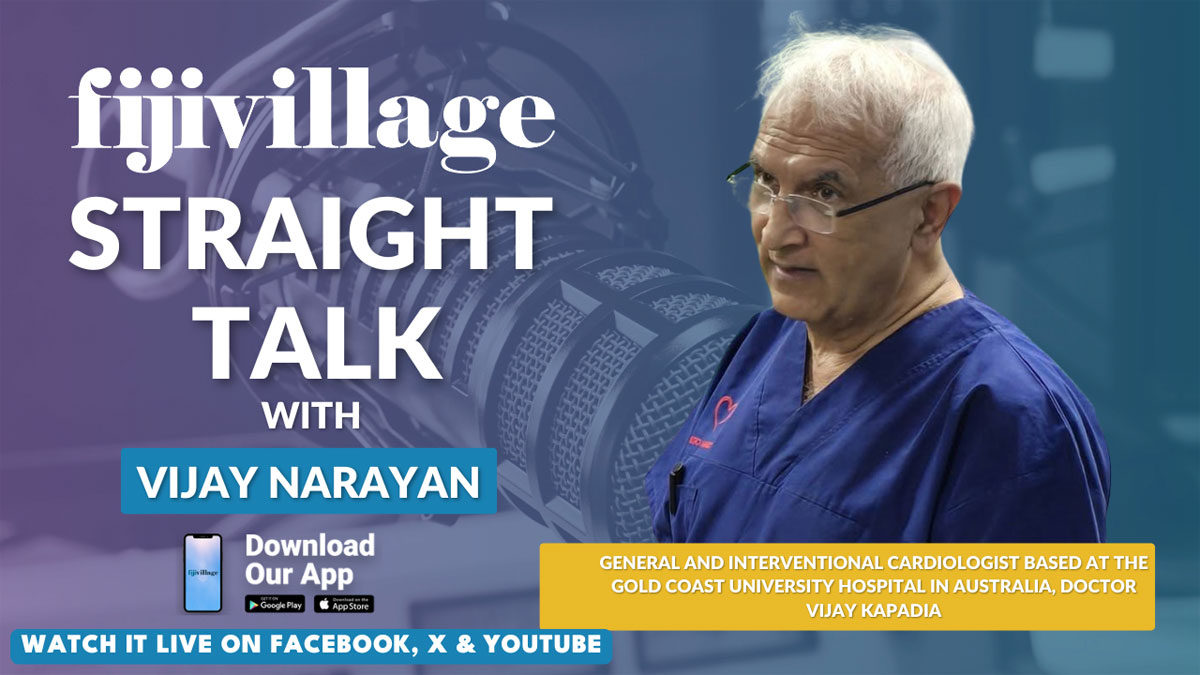
The number of new HIV infections in Fiji has surged by a staggering 260 percent since 2010, making Fiji the second fastest-growing epidemic in the Asia Pacific region.
The Health Ministry says a detailed analysis of the data revealed that 245 new cases of HIV were diagnosed last year, the highest ever to be recorded in a year, indicating that new HIV infections are on the rise.
It adds that adults constitute 94 percent (231 cases) and children 6 percent (14 cases).
The Health Ministry says the Central/Eastern Division recorded 135 cases, the West recorded 92 cases, and the North recorded 18 cases of the new infections.
Males were the most affected with 61 percent (150 cases), females recorded 36 percent (88 cases), and transgender with 3% (7 cases). 43 percent of the new cases are among individuals aged 20 to 29 years and 28 percent are between 30 to 39 years.
Minister for Health Dr Atonio Lalabalavu says the Ministry is committed to fully addressing the rising HIV cases in Fiji.
He says their commitment is reflected in the increased budget allocation and the strengthening of their HIV programs, however, the fight against HIV is a shared responsibility, and we need families, communities, faith-based organizations, schools, community organizations, and development partners to all contribute to addressing this issue.

Responding to the worrying HIV statistics, Dr Lalabalavu says the Ministry has launched several new strategies aimed at controlling the spread of the virus and assisting those affected.
He says these include strengthening HIV testing and the roll-out of Point of Care (PoC) at Sexual and Reproductive Health (SRH) clinics, improving the linkage of care, as well as monitoring for those tested positive, intensifying HIV prevention and awareness, as well as working closely with community organizations.
He adds they are also exploring the initiative to introduce Pre-exposure Prophylaxis (PrEP) for HIV prevention and has increased the budget allocation for HIV programming by $200,000.
UNAIDS Country Director for Fiji, Renata Ram, applauded the initiative saying that they have seen that the most successful HIV programs are anchored in strong political leadership, and the current leadership reflects this commitment.
She says this is a crucial step in tackling the inequalities, enabling communities and civil society organizations in their vital role in the response, and addressing financial gaps to ensure equitable and sustainable funding.
The Health Ministry also expresses their gratitude for the support on strategic leadership on HIV from UNAIDS as well as the continuing assistance the from the Government of India in providing Anti-Retroviral medications and to the Australian government for supporting the procurement of Point of Care testing kits and capacity building of the SRH officers to attend fellowships and conferences to upgrade their knowledge and skills in dealing with those in the target populations and patients living with HIV and AIDS.
The Ministry also looks forward to Fiji's re-entry to the Global Fund as the 12th country of the Western Pacific Global Fund grant on HIV, TB, and Malaria in 2024. The Ministry and the UNAIDS is urging all individuals, especially young people, to practice safe sex and get tested to know their HIV status.
These interventions aim to reach the Global AIDS Targets and to end AIDS as a public health threat by 2030.
Stay tuned for the latest news on our radio stations

